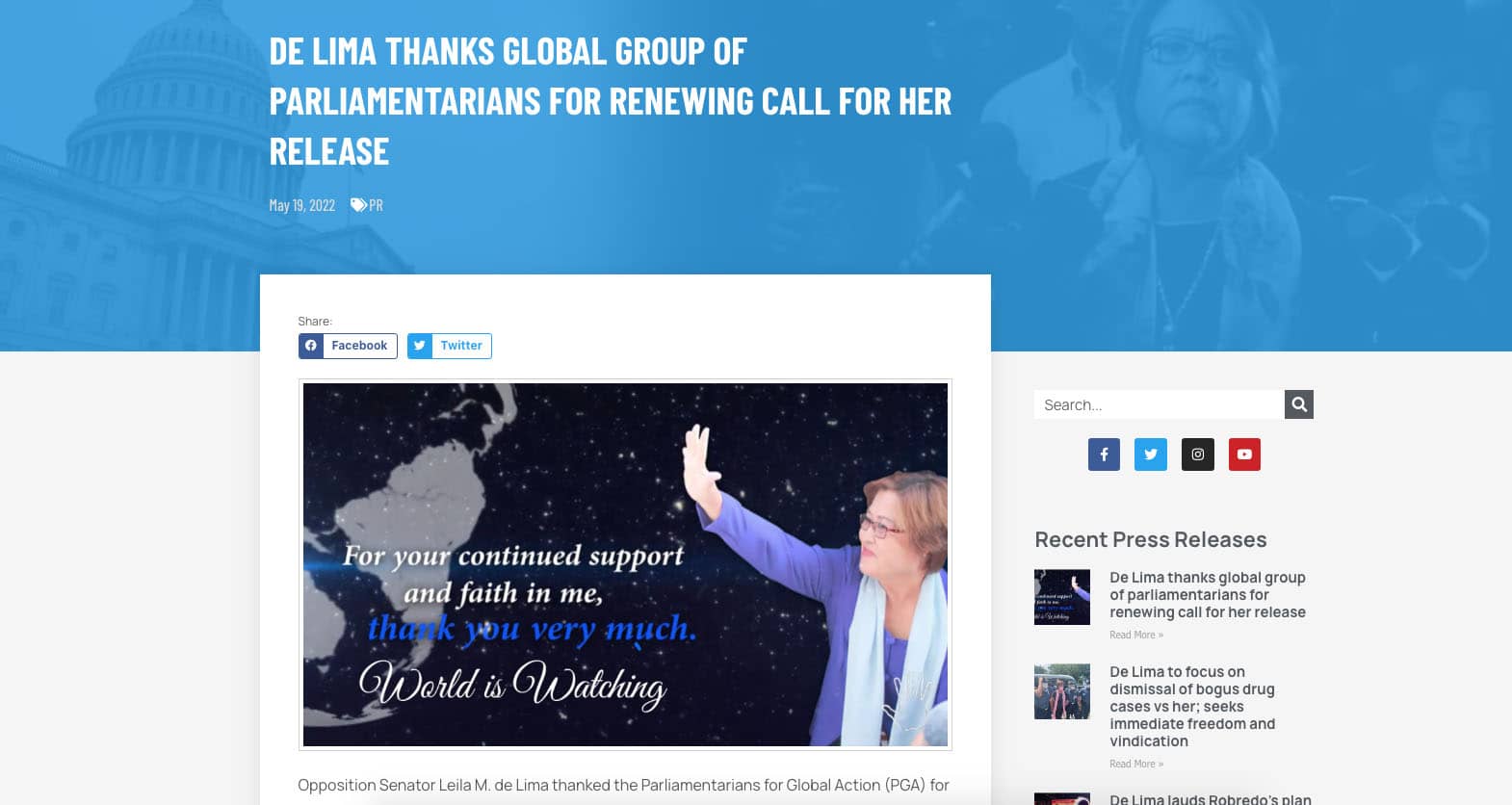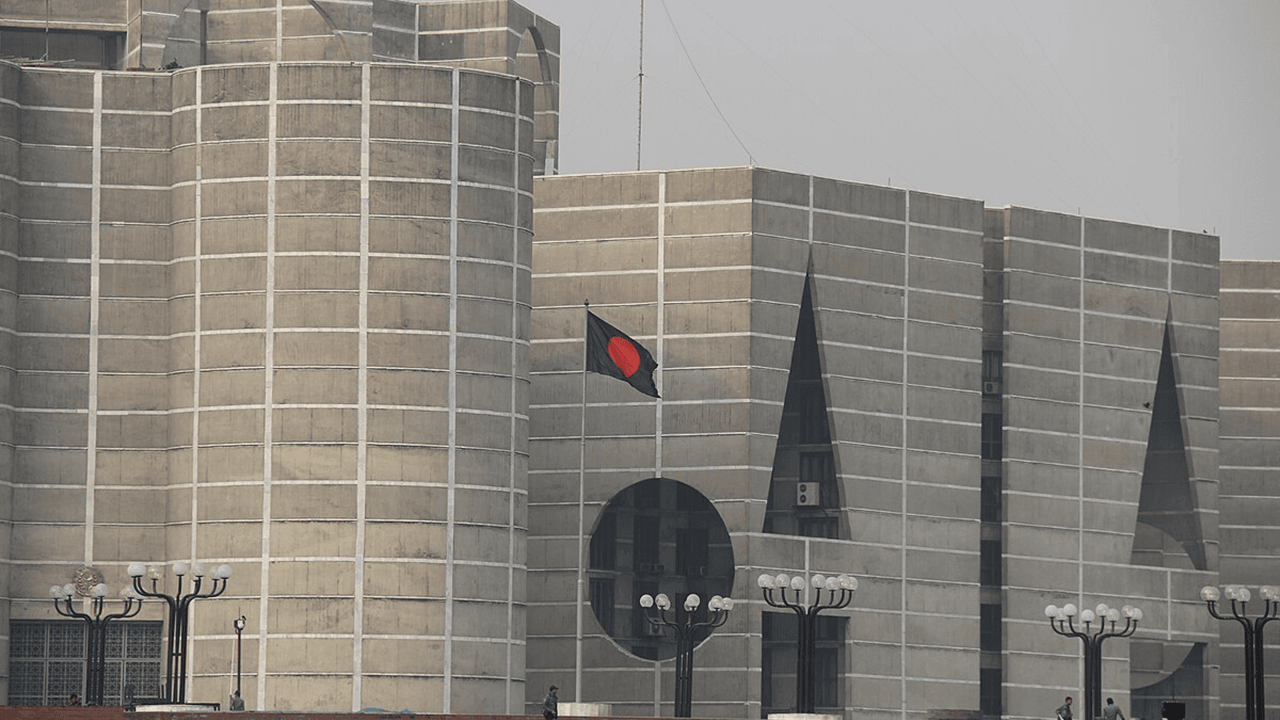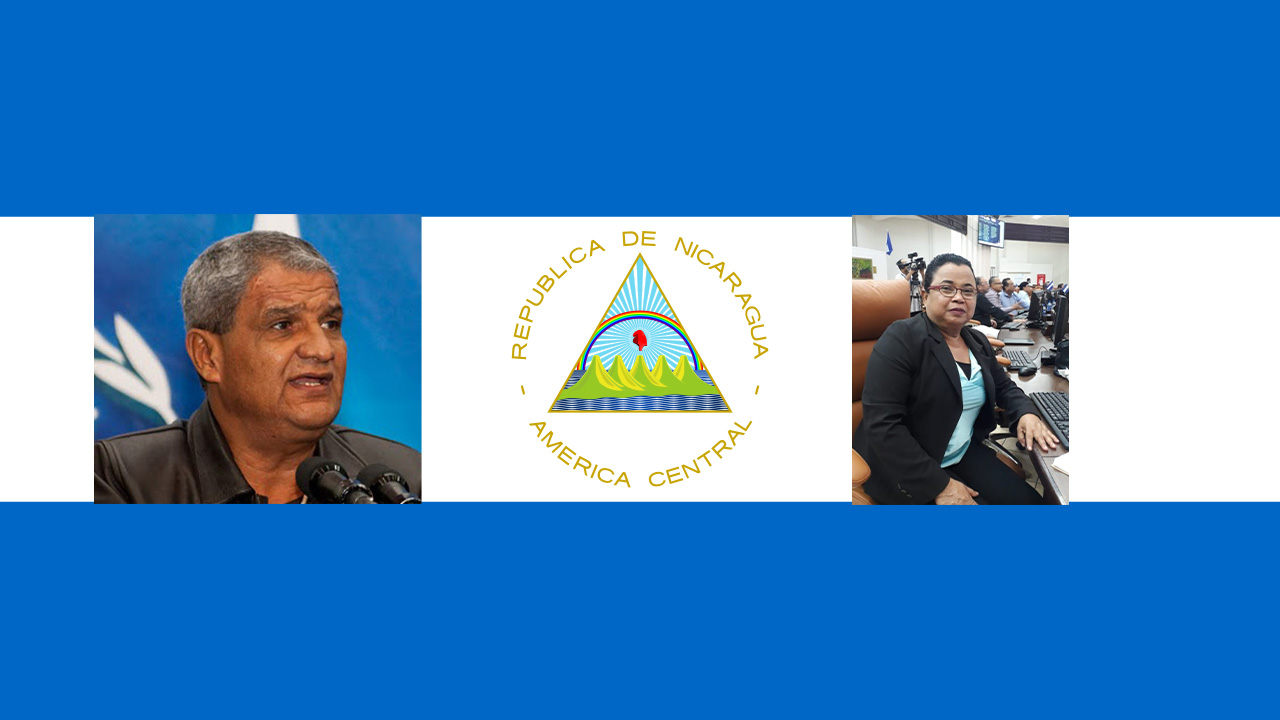
The Hague/Manila/New York
On Monday, 9 May 2022, the Philippines might have missed a unique opportunity to transition toward a more democratic and law-abiding State. The presidential elections opposing the former dictator’s son, Ferdinand “Bongbong” Marcos Jr, to his closet rival, the outgoing Vice President and human rights lawyer Leni Robredo, were marked by a fully-fledged campaign of disinformation, misinformation, and a false portrayal of the Marcos dynasty as a “golden age” for the Philippines, as reported by international media.
“Bongbong” Marcos headed all the opinion polls in the run-up to the elections. Leading to his landslide win with approximately 30 million votes (unofficial election results), it has been reported that social media played a significant role in the rapid spread of “fake news” in a country where 68% of the population has regular access to the internet and over 92 million recorded social media users. However, this phenomenon is nothing unusual for the country. According to the Washington Post, since early 2000, the Marcos regime has been spreading false content to cover up heinous crimes and corruption practices - especially during the Martial Law declared by Ferdinand Marcos in 1972: a period that marked the beginning of his “solo” brutal-ruling hegemony that lasted until his exile from the country in 1986. Social media groups expressing support for Bongbong Marcos launched a campaign on different platforms with false information about Ms. Robredo with the sole aim of discrediting her as a person and a candidate. With thousands of views and clicks, her photos and videos were rapidly spread among the citizenry.
Even though the Philippines transitioned from an authoritarian rule after the end of the Marcos dictatorship, according to the 2022 Freedom House Report, democratic institutions that provide oversight, such as Parliament, and accountability, such as the Judiciary, have remained weak. For decades, impunity for gross human rights violations has been the rule, while justice has favored a few economic and political elites. With a democratic system severely flawed, the Duterte regime paved the way for a six-year-long track record of severe human rights violations and attacks on democratic principles and institutions. His actions ranged from closing the largest broadcast media network in the country to silencing dissent, such as PGA Member Sen. Leila de Lima - languishing in jail for the last five years - to an unprecedented “war on drugs” leading to torture and thousands of extrajudicial killings as a consequence of police operations. Last year, the Philippines ranked amongst the top 10 deadliest countries for journalists.
The extrajudicial executions, which are unlawful and deliberate killings carried out by officials by order of the government or with its complicity, are a flagrant violation of the right to life as enshrined in both the Philippine and international law. As a result, following a three-year preliminary examination in the country for alleged crimes committed in the framework of the “war on drugs” campaign, in September 2021, the ICC opened an investigation into crimes against humanity allegedly committed between 2011 and 2019.
In contravention of its constitutional and international obligations, President Duterte unilaterally decided to withdraw from the Rome Statute: the ICC’s founding treaty. Although the Philippines formally withdrew on 17 March 2019, the ICC retains jurisdiction over crimes that have allegedly occurred in that State during the period when it was a State Party to the Rome Statute.
PGA expresses its concerns over the retrogressive developments in the country that marked the last six years, which have been characterized the deterioration of democratic norms and governance, and a disregard for human rights. PGA exhorts the new Administration to end these practices and fulfill its obligations under the International Covenant on Civil and Political Rights (ICCPR), which The Philippines ratified on 23 October 1986, right after the end of Ferdinand Marcos' dictatorship.
PGA calls on a credible and independent investigation regarding the alleged violations of democratic norms and principles that may have occurred in the course of the electoral campaign, which has been reportedly characterized by the systematic fabrication, uncontrolled dissemination of defamatory lies, historical distortions, lack of accountability, and corruption. Such practices may contribute to destabilizing an already volatile region with emboldened authoritarian regimes.
Pending the confirmation of the election’s results, PGA urges the Marcos administration to guarantee a free press and the independence of the judiciary; protect fundamental human rights such as freedom of speech and assembly as a cornerstone of democracy; and tackle misinformation, disinformation, and the closing of civic space.
PGA exhorts the new government to abide by the Rule of Law, respect international norms, and address the vast array of human rights challenges ahead by carrying out full and impartial investigations and appropriate prosecutions of those responsible for the unlawful killings. As one of the first measures to re-establish the Rule of Law, PGA reiterates its call for the immediate and unconditional release of Sen. Leila de Lima, recognized by the United Nations and other institutions as a political prisoner.
Finally, PGA calls upon the new government and Members of Parliament to continue the work already undertaken in 2018 by a minority of opposition Senators to declare the Rome Statute withdrawal unconstitutional and start the corresponding process of rejoining the ICC as early as possible.
As one of Asia’s oldest and largest democracies, the Philippines should change the narrative and ensure that democratic values and respect for human rights prevail.





